1. Avondstemmen Op. 8 No. 4, From Zes Vlaamse Liederen
Composer: Joseph Ryelandt
Artist(s): Pieter-Jan Verhoyen, Emilie De Voght
2. ‘k en Hoore U Nog Niet Op. 46 No. 1, From Vier Vlaamse Liederen
Composer: Joseph Ryelandt
Artist(s): Pieter-Jan Verhoyen, Emilie De Voght
3. Ego Flos Op. 77
Composer: Joseph Ryelandt
Artist(s): Pieter-Jan Verhoyen, Emilie De Voght
4. Vijf Geestelijke Liederen Op. 44: de Goede Herder
Composer: Joseph Ryelandt
Artist(s): Pieter-Jan Verhoyen, Emilie De Voght
5. Vijf Geestelijke Liederen Op. 44: Gij Badt Op Eenen Berg
Composer: Joseph Ryelandt
Artist(s): Pieter-Jan Verhoyen, Emilie De Voght
6. Vijf Geestelijke Liederen Op. 44: Stella Matutina
Composer: Joseph Ryelandt
Artist(s): Pieter-Jan Verhoyen, Emilie De Voght
7. Vijf Geestelijke Liederen Op. 44: Heer, Ontferm U
Composer: Joseph Ryelandt
Artist(s): Pieter-Jan Verhoyen, Emilie De Voght
8. Vijf Geestelijke Liederen Op. 44: de Levensbaan
Composer: Joseph Ryelandt
Artist(s): Pieter-Jan Verhoyen, Emilie De Voght
9. Liederenkrans Op. 38: Wiegelied
Composer: Joseph Ryelandt
Artist(s): Pieter-Jan Verhoyen, Emilie De Voght
10. Liederenkrans Op. 38: Groeningeveld
Composer: Joseph Ryelandt
Artist(s): Pieter-Jan Verhoyen, Emilie De Voght
11. Liederenkrans Op. 38: de Mandel
Composer: Joseph Ryelandt
Artist(s): Pieter-Jan Verhoyen, Emilie De Voght
12. Liederenkrans Op. 38: de Hoornen
Composer: Joseph Ryelandt
Artist(s): Pieter-Jan Verhoyen, Emilie De Voght
13. Liederenkrans Op. 38: Weemoed
Composer: Joseph Ryelandt
Artist(s): Pieter-Jan Verhoyen, Emilie De Voght
14. Eerste Communielied
Composer: Joseph Ryelandt
Artist(s): Pieter-Jan Verhoyen, Emilie De Voght
15. Smeeklied Op. 68, No. 3, From Drie Liederen
Composer: Joseph Ryelandt
Artist(s): Pieter-Jan Verhoyen, Emilie De Voght
16. Zielzuchten Op. 34: O, Mocht Ik …
Composer: Joseph Ryelandt
Artist(s): Pieter-Jan Verhoyen, Emilie De Voght
17. Zielzuchten Op. 34: Gaat van Mij
Composer: Joseph Ryelandt
Artist(s): Pieter-Jan Verhoyen, Emilie De Voght
18. Zielzuchten Op. 34: Heer God
Composer: Joseph Ryelandt
Artist(s): Pieter-Jan Verhoyen, Emilie De Voght
19. Zielzuchten Op. 34: O, Dierbaar Kruise
Composer: Joseph Ryelandt
Artist(s): Pieter-Jan Verhoyen, Emilie De Voght
20. Zielzuchten Op. 34: Armoede Lief
Composer: Joseph Ryelandt
Artist(s): Pieter-Jan Verhoyen, Emilie De Voght
21. Zielzuchten Op. 34: Brandt Los
Composer: Joseph Ryelandt
Artist(s): Pieter-Jan Verhoyen, Emilie De Voght

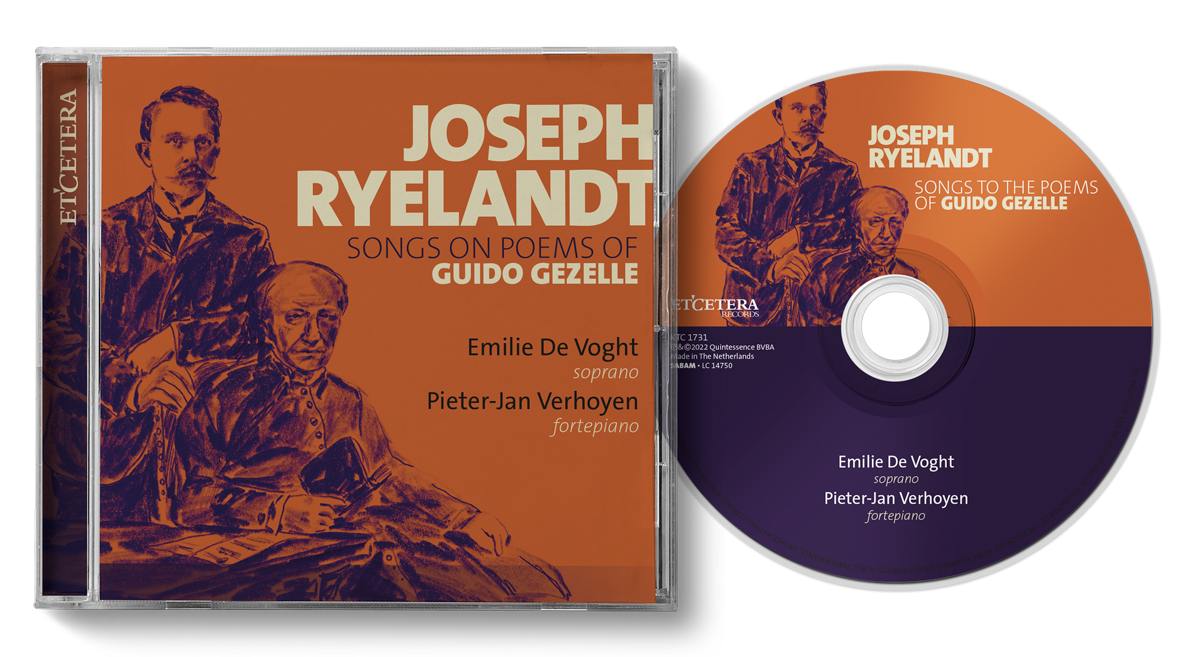
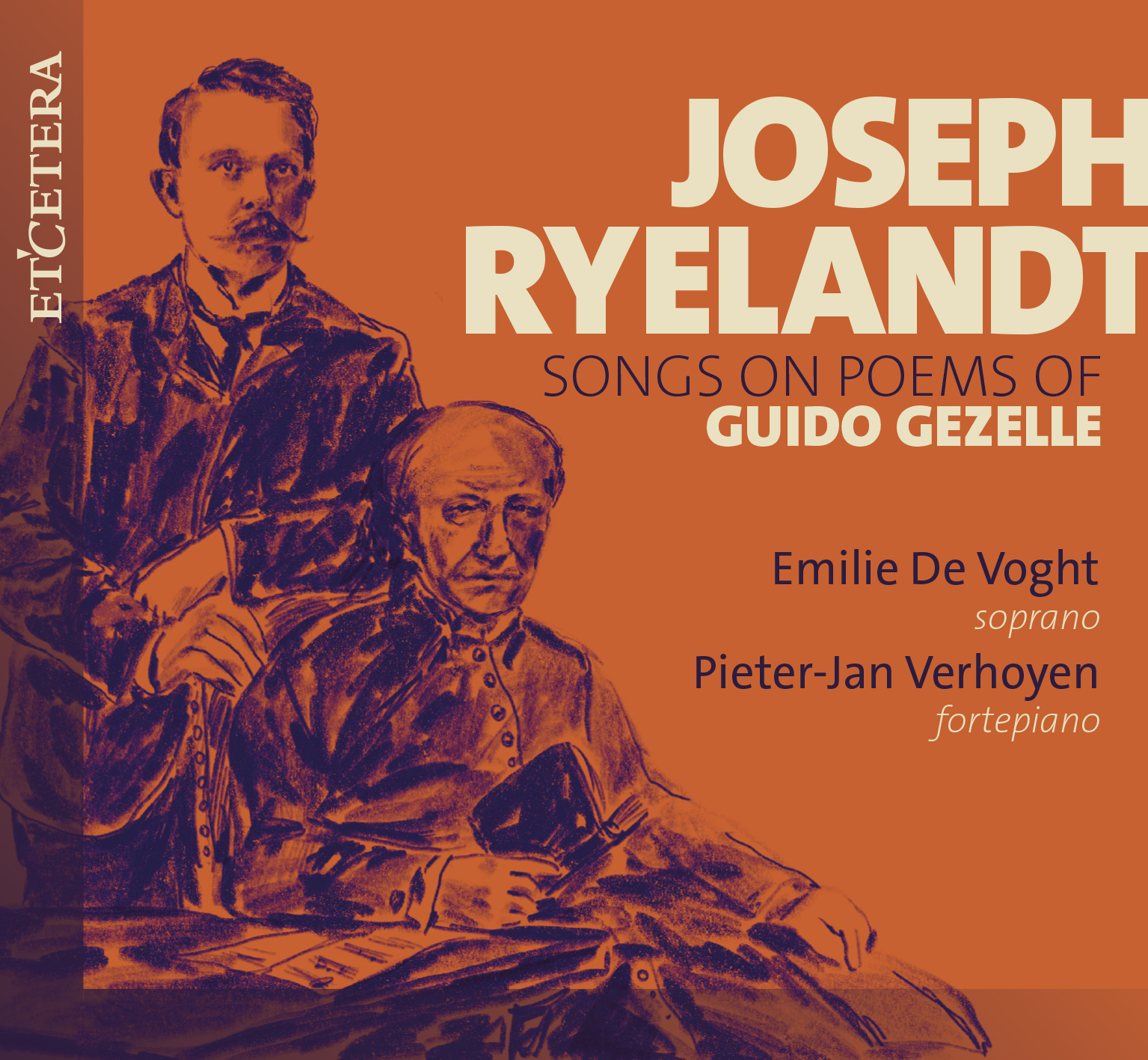
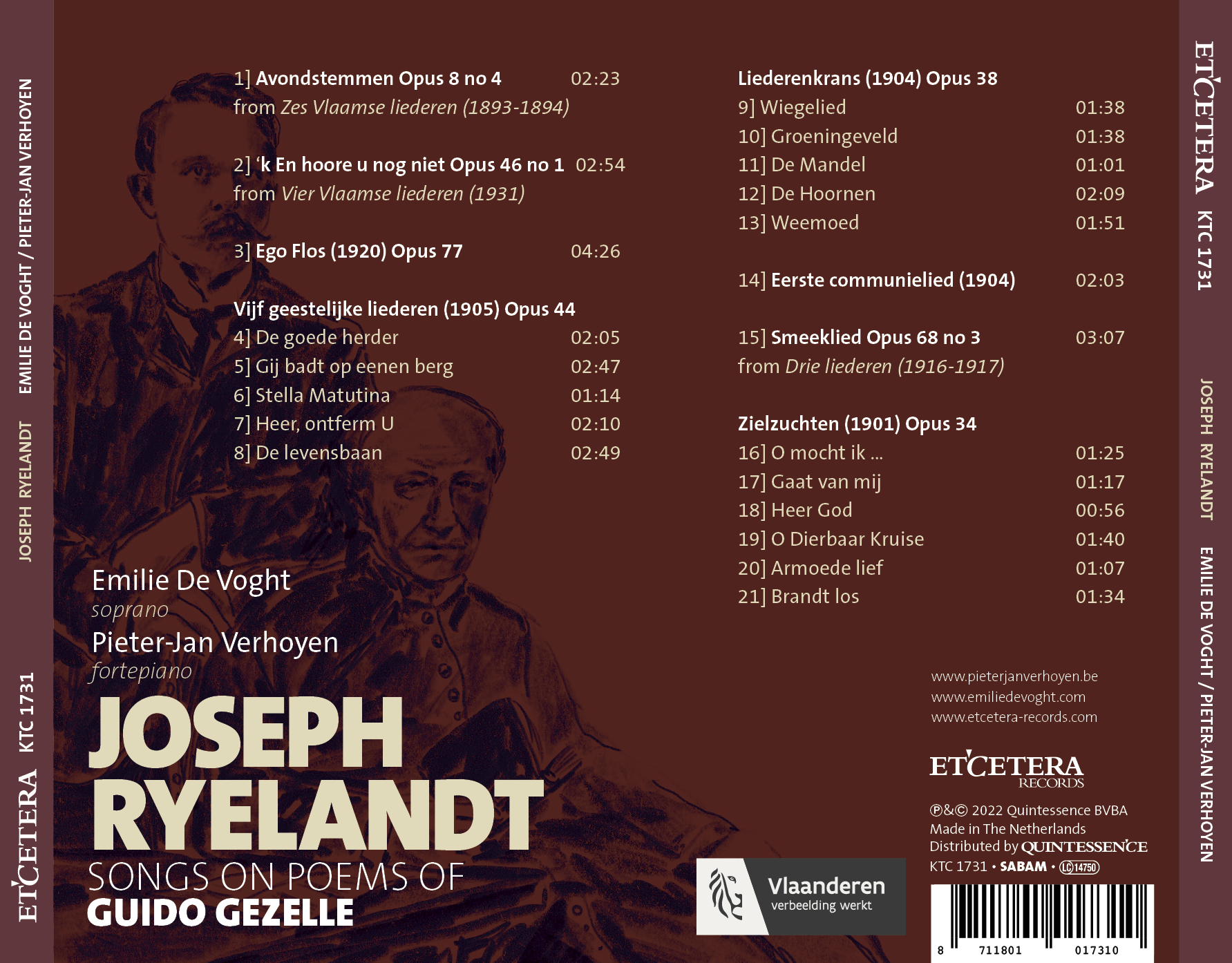

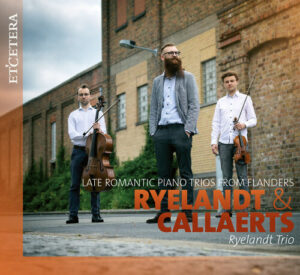
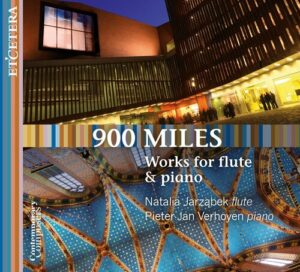
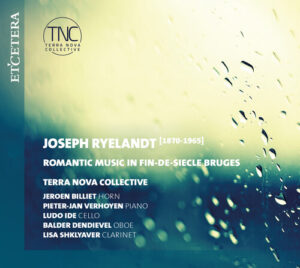
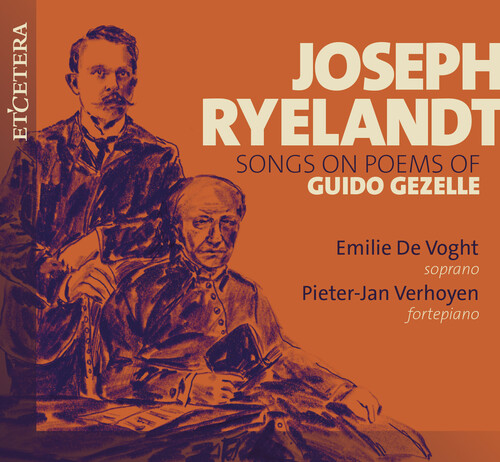
Reviews
There are no reviews yet.